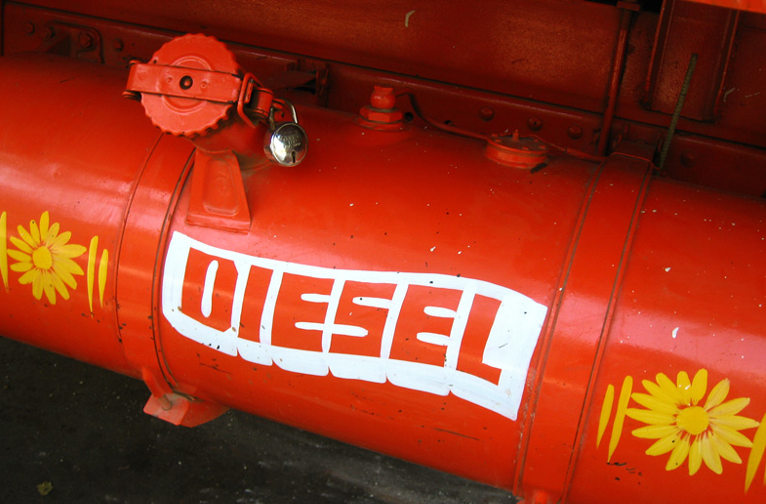(Conversation Recorded on October 25, 2022.)
On this episode, petroleum geologist Arthur Berman returns to discuss recent diesel shortages and go into depth on the importance of diesel and the complexity of getting it and other products from a barrel of crude oil. He and Nate also talk about the nuances of the global oil market as it shifts from the effects of the Russian/Ukraine war. Is the USA really a net exporter of petroleum and energy independent? And would making every car and truck on the road electric powered free us from needing crude oil?
About Arthur Berman
Arthur E. Berman is a petroleum geologist with 36 years of oil and gas industry experience. He is an expert on U.S. shale plays and is currently consulting for several E&P companies and capital groups in the energy sector.
Show Notes & Links to Learn More
00:40 – Art Berman Info, PPT for Episode, and Previous TGS Episode
04:11 – Ukraine/Russia war effects on energy
06:25 – What is diesel? Why is it important? Why is it in the news? (Slide #10)
10:55 – Diesel is more energy dense, making it more efficient and cost-effective
11:49 – Why don’t we use diesel for everything?
12:15 – US oil is predominantly light, tight oil
12:40 – Henry Ford, First model ran on ethanol
13:18 – First fast rate reserve of oil in the US found in Spindletop
14:07 – Until the automobile, the main use of oil was kerosene for oil
14:23 – Rockefeller
15:17 – What are the differences in oil around the world?
18:33 – What is in a barrel of oil? (Slide #4)
19:15 – Propane, Butane, Methane (Slide #3)
19:48 – A large portion of the oil going into US refineries is imported, because it needs the right type of oil (Slide #7-#9)
21:05 – How hot do they heat oil at refineries
22:27 – Chemistry of oil (slide #6)
23:20 – What are the lighter portions of a barrel of oil used for?
26:42 – The heavier oil is more polluting
27:00 – When within territorial waters ships are required to use lighter form of oil
27:30 – In 2020 the marine community reformed guidelines for fuel and fuel pollution at sea
28:25 – Paraffins
29:44 – We cannot make roads the way we do now without the button 10% of a barrel of oil (Slide #5)
30:55 – Vaclav Smil, 4 Pillars of Modern Civilization
32:05 – The cement making process is very energy intensive
33:25 – The Green Revolution and modern fertilizer is heavily dependent on petroleum and natural gas (Haber-Bosch Process)
35:30 – Biodiesel
37:05 – Biodiesel is less energy efficient and very corrosive
39:45 – We’ve had access to more energy each year for the past few centuries
44:59 – Reforming
50:05 – Canada is the biggest source of foreign oil for the United States
50:38 – Safety and efficiency benefits of the keystone pipeline
51:59 – Is the US actually a net exporter of oil?
54:05 – The US is 85% energy independent
54:55 – Daily US Oil Imports and Exports
57:00 – Michael Levi
59:27 – Just in time global supply system
1:02:35 – Vladimir Putin has a PHD in Energy Economics + His Thesis
1:09:35 – How scarcity impacts cooperation
More: https://rbnenergy.com/why-whats-throwing-the-distillates-market-out-of-whack
Teaser photo credit: By Meena Kadri – https://www.flickr.com/photos/meanestindian/408874300/, CC BY 2.0, https://commons.wikimedia.org/w/index.php?curid=1782921






